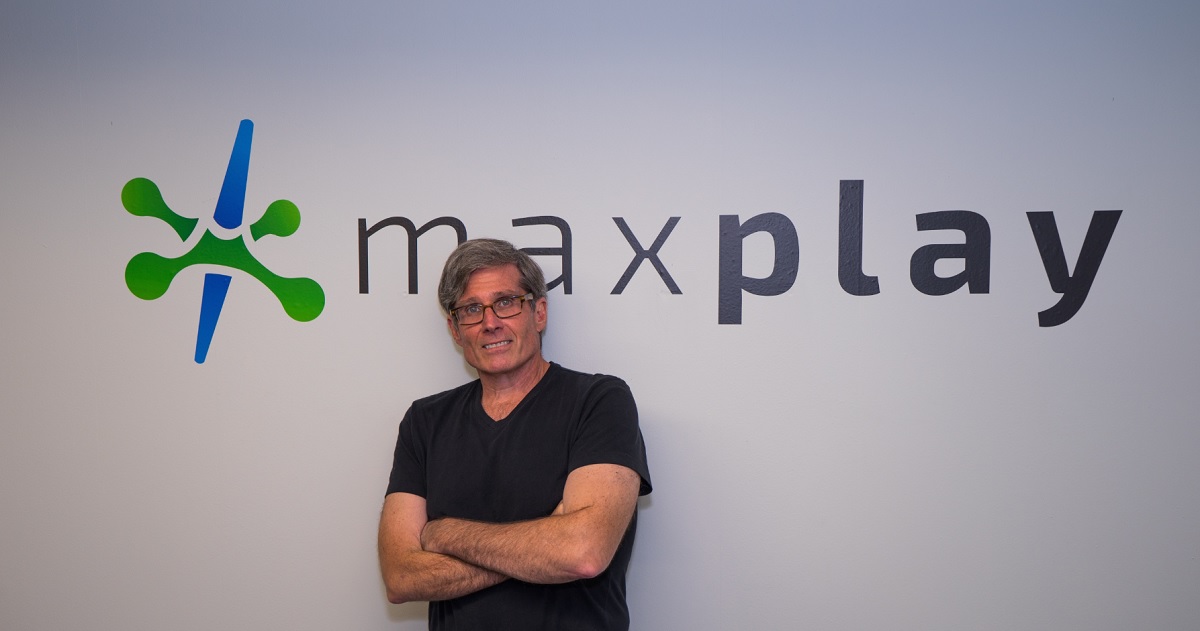Getting a first customer is always a big deal for a startup. So game engine maker MaxPlay, which is pushing its software as a modern and cloud-based take on the game engine, is happily announcing that it has scored Canadian studio Finger Food Studios as its first customer.
MaxPlay, which came out of stealth at our GamesBeat 2015 event, is hoping to disrupt rival game engine makers such as Epic Games and Unity Technologies. It has been refining its technology for a couple of years, and now it has announced a partnership with Finger Food Studios, which has signed a studio-wide license for MaxPlay’s Game Development Suite.

Unlock premium content and VIP community perks with GB M A X! Join now to enjoy our free and premium perks.
Join now →
Sign in to your account.

